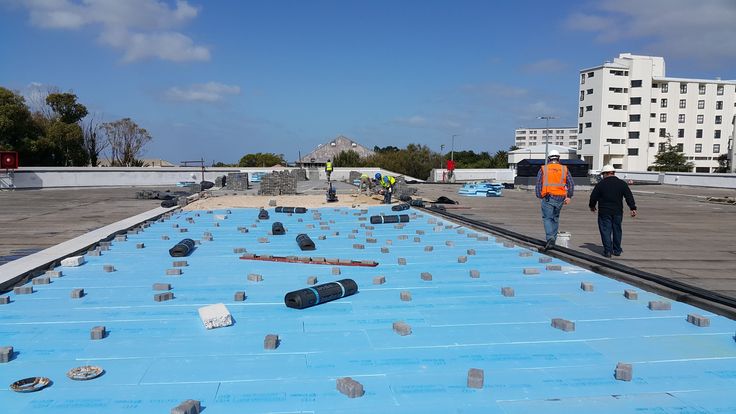When it comes to maintaining a comfortable home, proper insulation is key. Insulating your roof not only helps regulate temperature but also improves energy efficiency and reduces utility bills. With various insulation materials available, it can be challenging to determine which one is best suited for your home. In this blog post, we’ll explore the top five roof insulation materials, highlighting their benefits and drawbacks to help you make an informed decision roof insulation.

1. Fiberglass Insulation
Overview:
Fiberglass insulation is one of the most common types used in homes. It is made from fine glass fibers and is available in batts, rolls, and loose-fill forms.
Benefits:
- Cost-Effective: Fiberglass insulation is relatively inexpensive compared to other materials.
- Fire Resistant: It does not burn, making it a safe choice for roof insulation.
- Soundproofing: Provides excellent noise reduction.
Drawbacks:
- Moisture Sensitivity: Can lose effectiveness if it becomes wet.
- Installation Difficulty: Requires careful installation to avoid gaps.
Best For:
Budget-conscious homeowners looking for reliable insulation performance.
2. Spray Foam Insulation
Overview:
Spray foam insulation is a versatile option that expands upon application to fill gaps and cracks, creating a seamless insulation barrier.
Benefits:
- Air Sealant: Offers superior air sealing properties, reducing drafts.
- High R-Value: Provides excellent thermal resistance with a high R-value per inch.
- Moisture Barrier: Helps prevent mold and mildew growth.
Drawbacks:
- Cost: Generally more expensive than traditional insulation materials.
- Professional Installation Required: Proper application requires skilled technicians.
Best For:
Homeowners looking for high-performance insulation with a tight seal and moisture resistance.
3. Cellulose Insulation
Overview:
Cellulose insulation is made from recycled paper products, treated for fire resistance, and is often blown into attic spaces.
Benefits:
- Eco-Friendly: Made from recycled materials, making it a sustainable choice.
- Excellent Sound Absorption: Great for noise reduction.
- Effective Air Barrier: Helps minimize air leaks.
Drawbacks:
- Settling Over Time: Can settle and lose effectiveness if not properly installed.
- Moisture Issues: Susceptible to mold if it becomes damp.
Best For:
Environmentally conscious homeowners seeking a sustainable insulation option.
4. Mineral Wool (Rock Wool) Insulation
Overview:
Mineral wool insulation is made from volcanic rock and steel slag, providing excellent thermal and acoustic insulation.
Benefits:
- Fire Resistant: Highly resistant to fire, making it a safe option for roofing.
- Sound Proofing: Offers superior sound dampening capabilities.
- Moisture Resistant: Does not absorb water, reducing mold risk.
Drawbacks:
- Higher Cost: Typically more expensive than fiberglass or cellulose.
- Weight: Heavier than other insulation types, which may require additional structural support.
Best For:
Homeowners prioritizing fire safety and sound insulation.
5. Reflective or Radiant Barrier Insulation
Overview:
Reflective insulation is designed to reduce heat gain in homes by reflecting radiant heat away from living spaces.
Benefits:
- Energy Efficiency: Particularly effective in hot climates, reflecting up to 97% of radiant heat.
- Lightweight and Easy to Install: Usually installed in attics, it requires minimal structural support.
Drawbacks:
- Limited Usefulness in Cold Climates: Not as effective in areas where heating is more crucial than cooling.
- Requires Air Space: Needs to be installed with a gap to be effective.
Best For:
Homeowners in warmer climates looking to reduce cooling costs.
Conclusion
Choosing the right roof insulation material is crucial for achieving energy efficiency and comfort in your home. When selecting an insulation type, consider your budget, climate, and specific needs. Fiberglass is cost-effective, spray foam offers superior sealing, cellulose is eco-friendly, mineral wool provides fire resistance, and reflective barriers excel in hot climates. Assessing your home’s unique requirements will help you make the best decision for your insulation needs.
If you’re unsure which option is right for your home, consult with a professional insulation contractor who can provide tailored advice based on your specific circumstances. Proper insulation is an investment that pays off in comfort and energy savings for years to come!